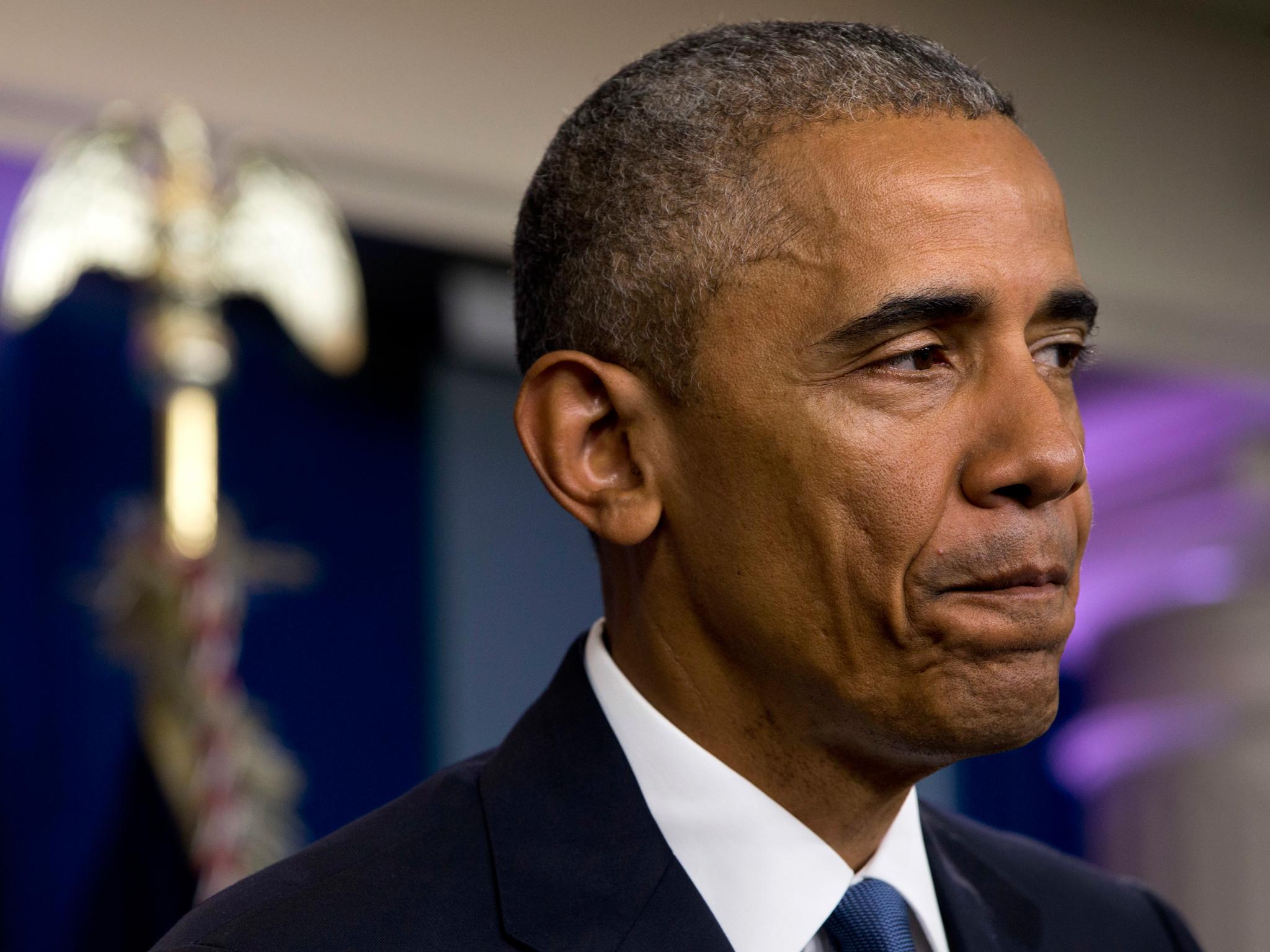Brexit: Why the UK vote to leave the EU is such a disaster for America
After this vote, the UK will be a less attractive partner to Washington


"We would have preferred a different outcome,” said vice-President Joe Biden, in what must be a candidate for understatement of the year. For the United States, Britain’s vote to leave the European Union is a disaster that can only damage relations between the two great Anglo-Saxon allies.
Whether or not adorned by the epithet “special,” Britain’s most important bilateral relationship is with the US. After the Brexit vote, the ties that eternally bind – a shared language, the common law, a deep belief in open markets and free enterprise – will still be there. But as a middling power on its own, no longer anchored to Europe, the UK will be a less attractive partner.
Within the European Union, Britain brought an instinctively American viewpoint to the counsels of the world’s largest trading bloc. Half a century ago, General de Gaulle vetoed British membership of the then EEC in large part on the grounds that Britain would be a stalking horse for the US. He was to a large extent right.

That advantage may now be lost to Washington. Whether or not Germany replaces Britain as its prime European interlocutor, America will have lost a foothold. Even more alarming is the risk that Britain’s departure will dislodge a crucial brick from what is an already shaky edifice.
Geostrategically, the US has always seen a united Europe as a bulwark and its natural partner. This bulwark has now been weakened. Compounding the danger is the strong possibility that the referendum outcome will pull Britain apart, assuming Scotland, strongly Remain, seeks again to quit leave the United Kingdom.
Conceivably the vote will also have repercussions for Irish stability. If Britain leaves the EU, the border between the Republic and Northern Ireland will again become a hard border. Pressures will surely grow again for union of the 32 counties. That in turn could provoke a return of instability, undoing a peace process in the North in which the US, under Bill Clinton and his successors in the White House, has invested so much.
The vote is also an unmistakeable rebuff to President Obama himself. On Friday, he was necessarily soothing: the US “respects” the decision of the British people, and both Britain and the European Union would be “indispensable partners” of the US, even as they renegotiated their relationship. But those words coat a bitter pill.
Two months ago, Mr Obama directly involved himself in the campaign, personally urging a Remain vote. He warned that Britain, the largest foreign investor in the US and a major market for American goods, would be at the “back of the queue” in terms of a bilateral trade deal with the US to replace the one with the EU that Britain is now about to quit.
The British electorate has now shown him – and the rest of the great and good of the “international community” – the proverbial two fingers.
For the US an exercise in damage limitation is underway. Mr Obama was at pains to point out that the Britain remained a member of Nato. The West’s security structures, above all the trans-Atlantic alliance, would not be damaged, he insisted, at a moment when Russia and China are ominously flexing their muscles.
But will that necessarily be so? Britain is America’s closest military partner and one of the five permanent members of the UN Security Council. But the Brexit shockwaves ensure it will be inward-looking and of uncertain leadership for months, probably years, distracted by the vastly complicated process of withdrawal from the EU, and efforts to keep its own Union together. Just one more reason why, in Mr Biden’s words, the US “would have preferred a different outcome.”
Join our commenting forum
Join thought-provoking conversations, follow other Independent readers and see their replies
Comments
Bookmark popover
Removed from bookmarks